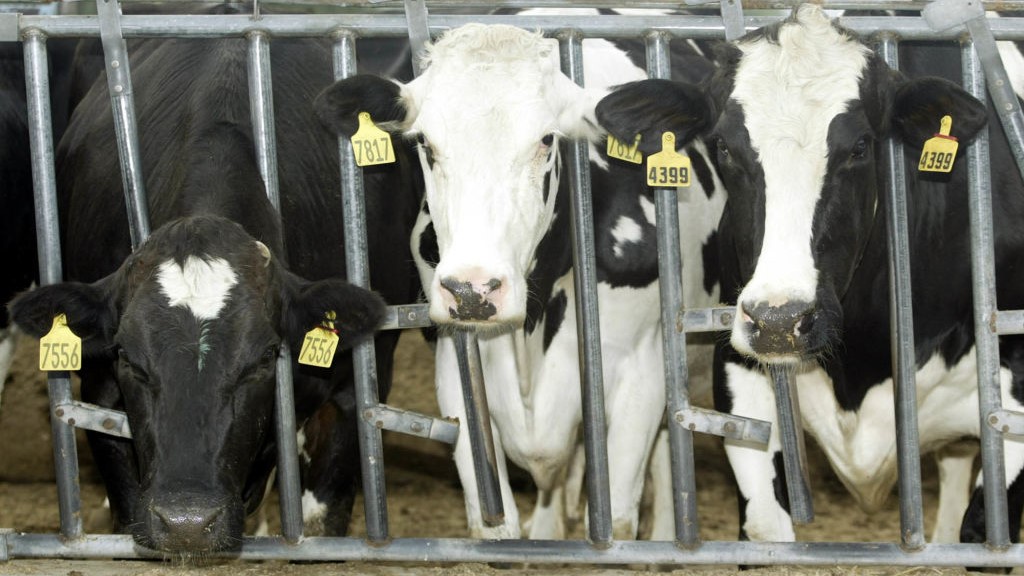
Sascha Pare
Sascha is a U.K.-based staff writer at Live Science. She holds a bachelor’s degree in biology from the University of Southampton in England and a master’s degree in science communication from Imperial College London. Her work has appeared in The Guardian and the health website Zoe. Besides writing, she enjoys playing tennis, bread-making and browsing second-hand shops for hidden gems.
Latest articles by Sascha Pare
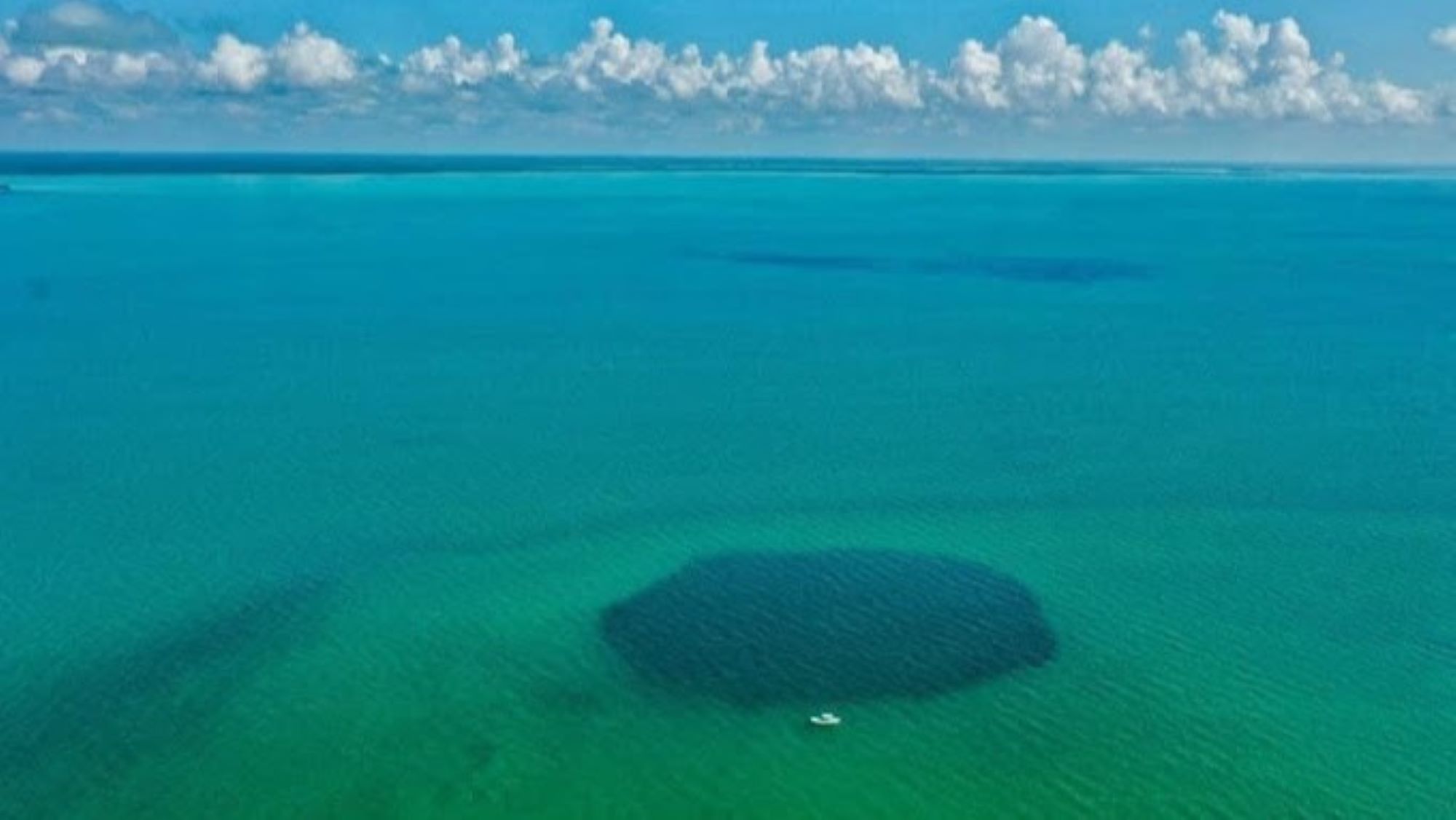
Deepest blue hole in the world discovered, with hidden caves and tunnels believed to be inside
By Sascha Pare published
Scientists have yet to reach the bottom of the Taam Ja' Blue Hole in Mexico's Chetumal Bay, which new measurements hint could be connected to a labyrinth of submarine caves and tunnels.
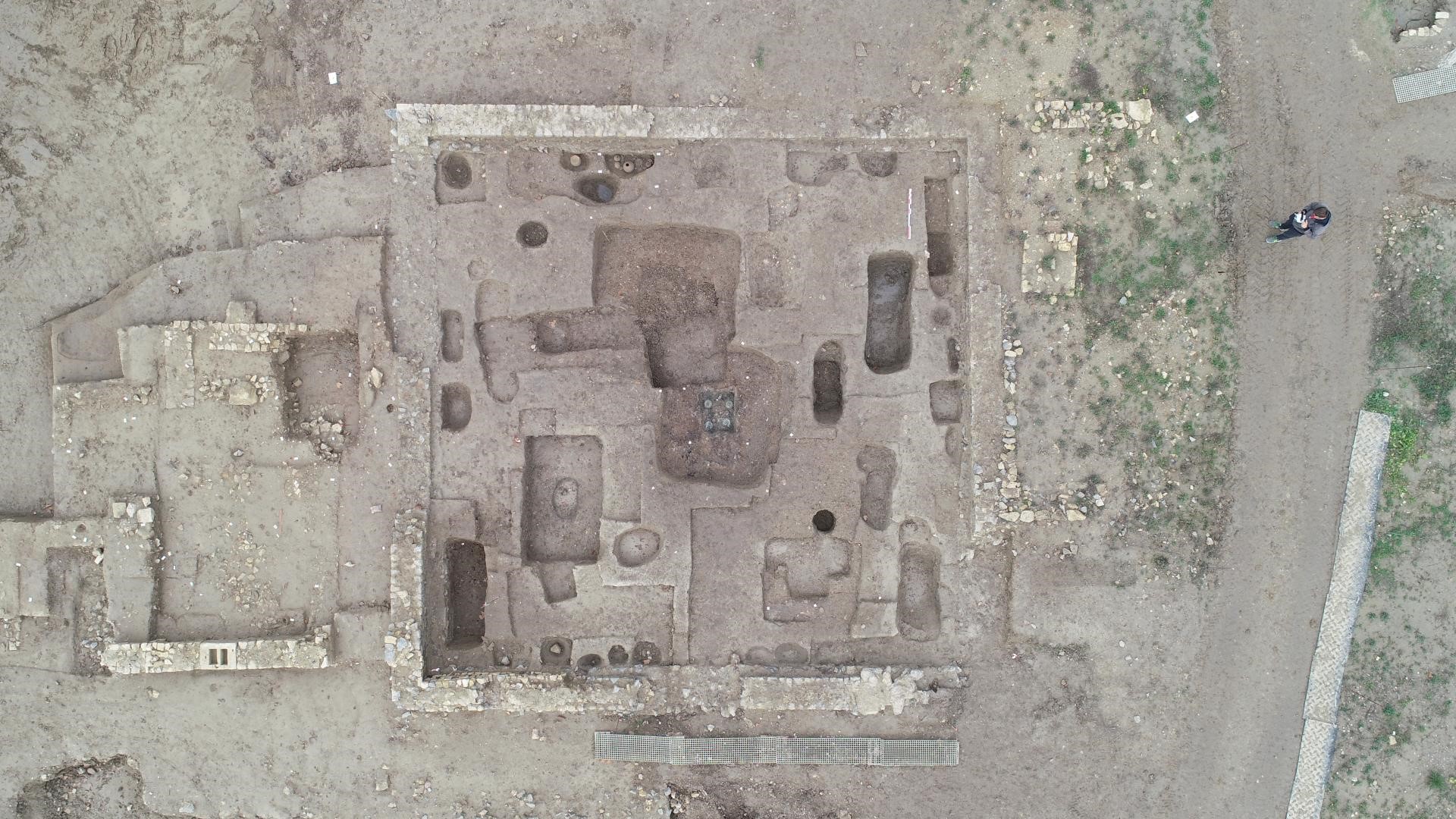
1,430 ancient Roman graves scattered with funerary festival leftovers unearthed in southern France
By Sascha Pare published
Archaeologists in southern France have excavated an ancient Roman cemetery containing 1,430 graves and traces of a funerary festival, during which families feasted by the graves of relatives.

Eerie, orange skies loom over Athens as dust storm engulfs southern Greece
By Sascha Pare published
A Saharan dust storm that reached southern Greece on Tuesday (April 23) has turned the sky over Athens and other Greek cities an apocalyptic reddish-orange hue.
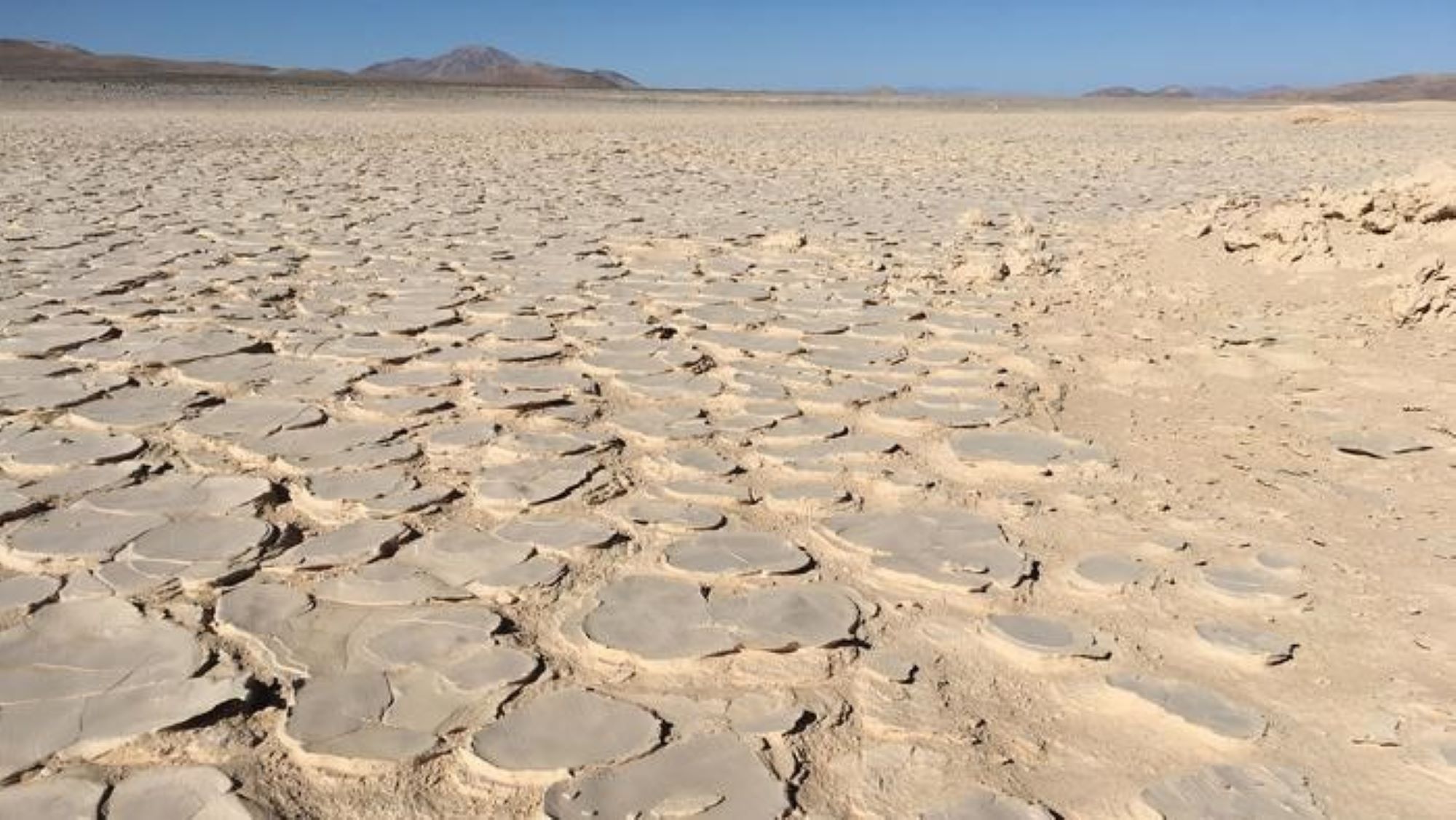
Hidden 'biosphere' of extreme microbes discovered 13 feet below Atacama Desert is deepest found there to date
By Sascha Pare published
Researchers have found microbes thriving 13 feet beneath the scorched surface of Chile's Atacama Desert, marking the deepest discovery of microbial life in the region to date.
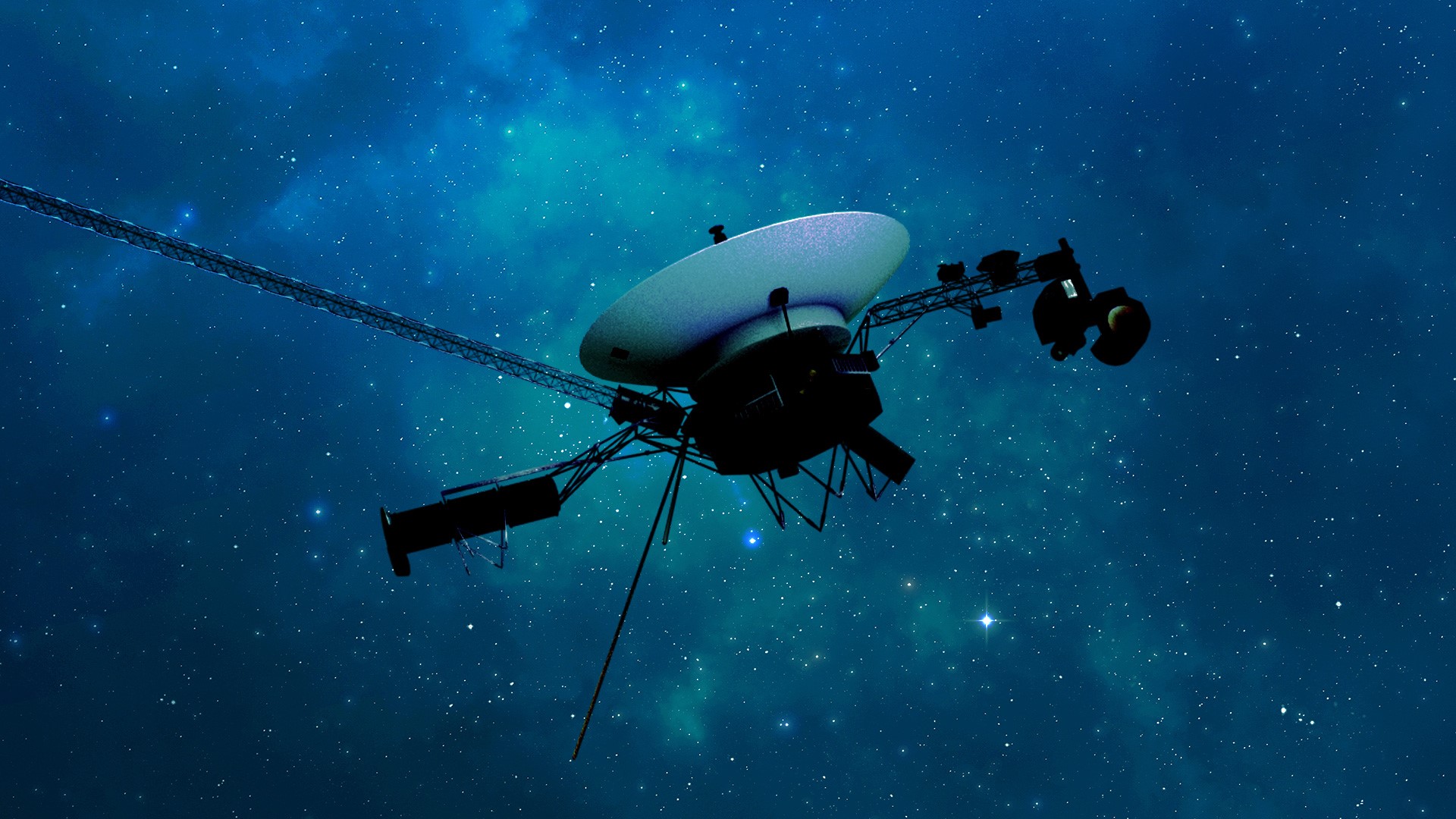
After months of sending gibberish to NASA, Voyager 1 is finally making sense again
By Sascha Pare published
NASA's Voyager 1 probe has resumed sending usable data back to Earth after engineers fixed a computer error that caused the interstellar spacecraft to only transmit gibberish for five months.
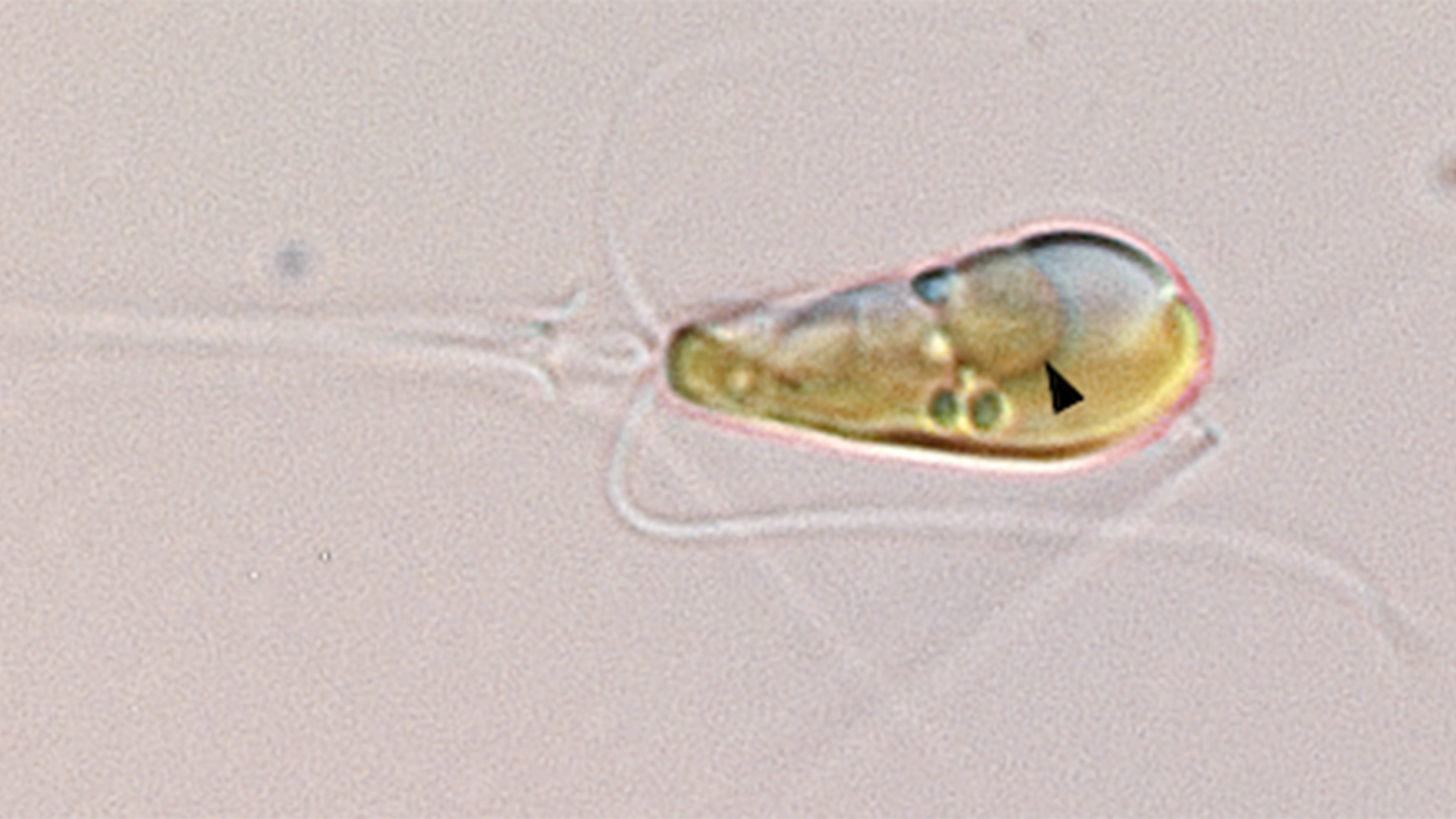
Scientists discover once-in-a-billion-year event — 2 lifeforms merging to create a new cell part
By Sascha Pare published
Researchers think a microbe that was engulfed by an algal cell 100 million years ago has since evolved into an integral part of the cell's machinery.
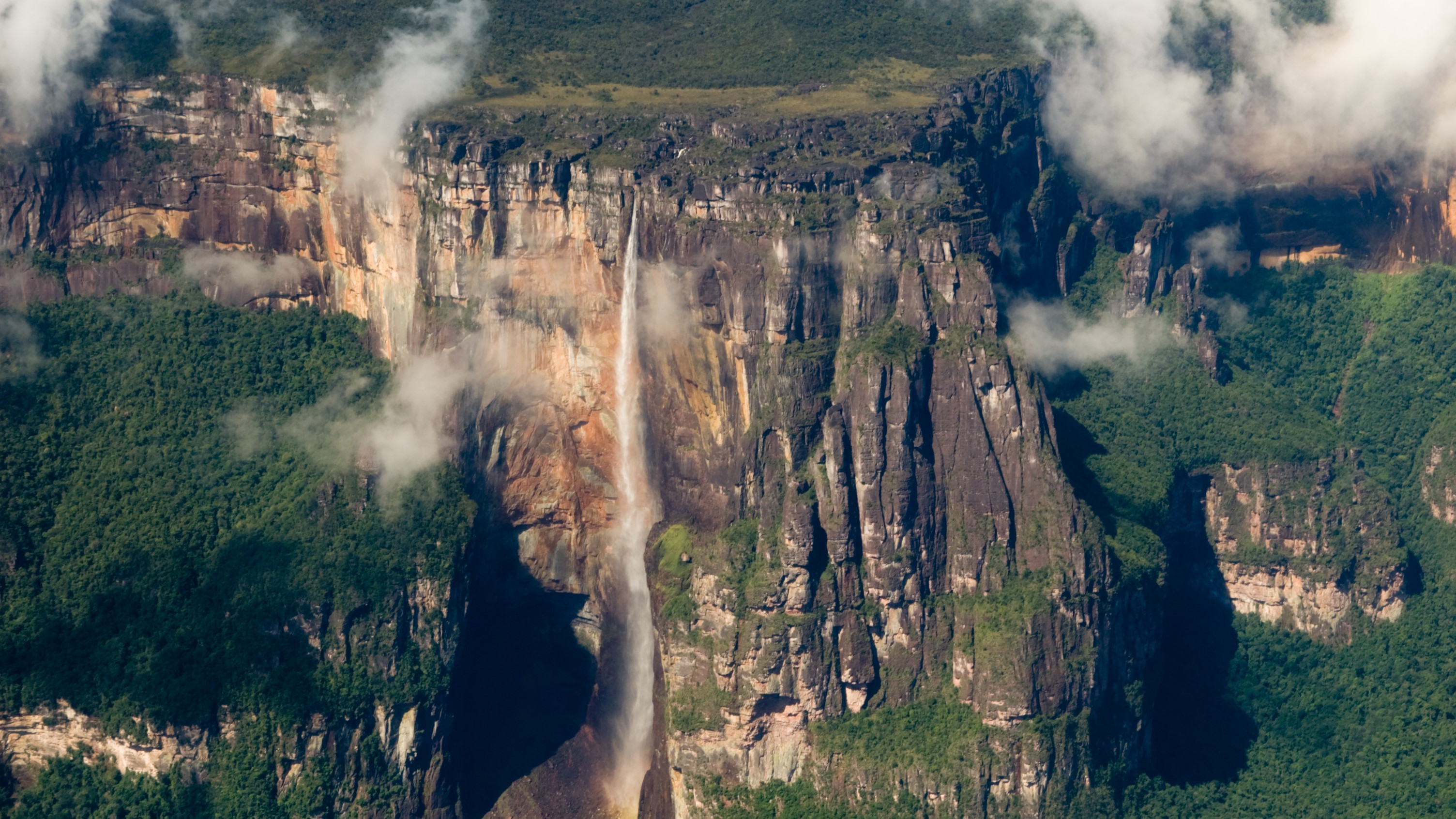
What's the largest waterfall in the world?
By Sascha Pare published
If your mind has gone straight to the thundering waters cascading down Venezuela's Angel Falls, think again.

Half of China's cities are sinking, putting most of the country's urban population at risk
By Sascha Pare published
Major cities across eastern China are sinking due to groundwater extraction and the weight of buildings, potentially exposing millions of people to flooding and damage in the next 100 years.
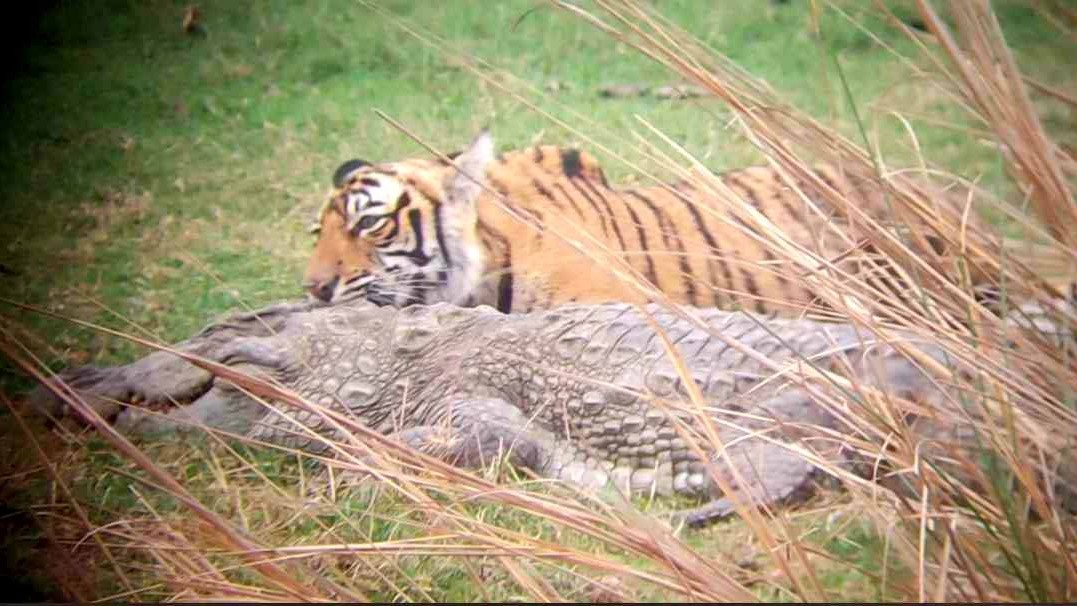
Watch tigress and her cubs feasting on crocodile they killed in rare footage
By Sascha Pare published
Visitors at Ranthambore National Park in India captured rare footage and images of a tigress and her three 1-year-old cubs feasting on the carcass of a crocodile after killing it.
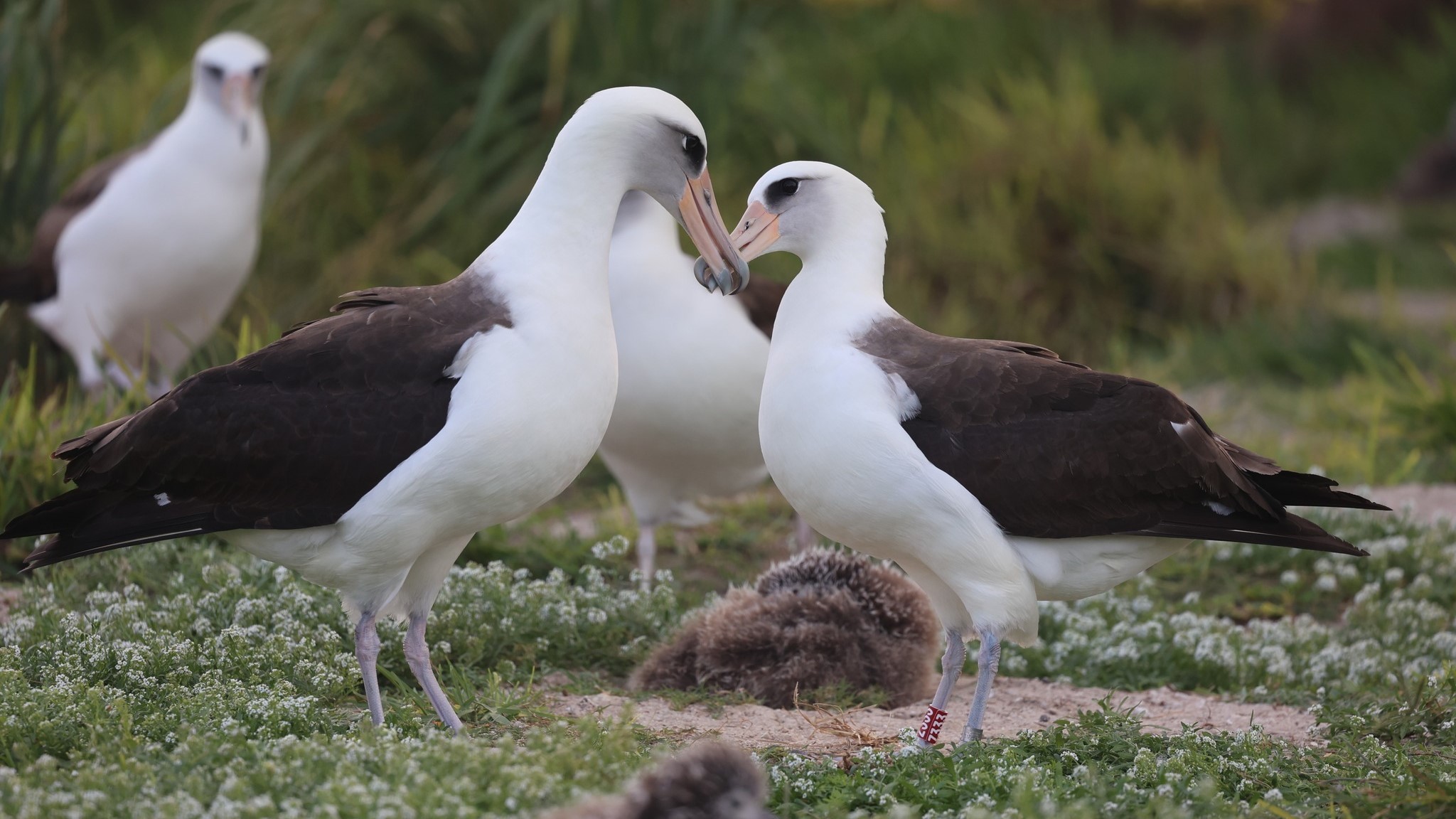
World's oldest wild bird is 'actively courting' after losing long-term mate
By Sascha Pare published
Biologists on Midway Atoll in the North Pacific Ocean have spotted a septuagenarian female Laysan albatross named Wisdom flirting with potential mates months after the end of the nesting season.
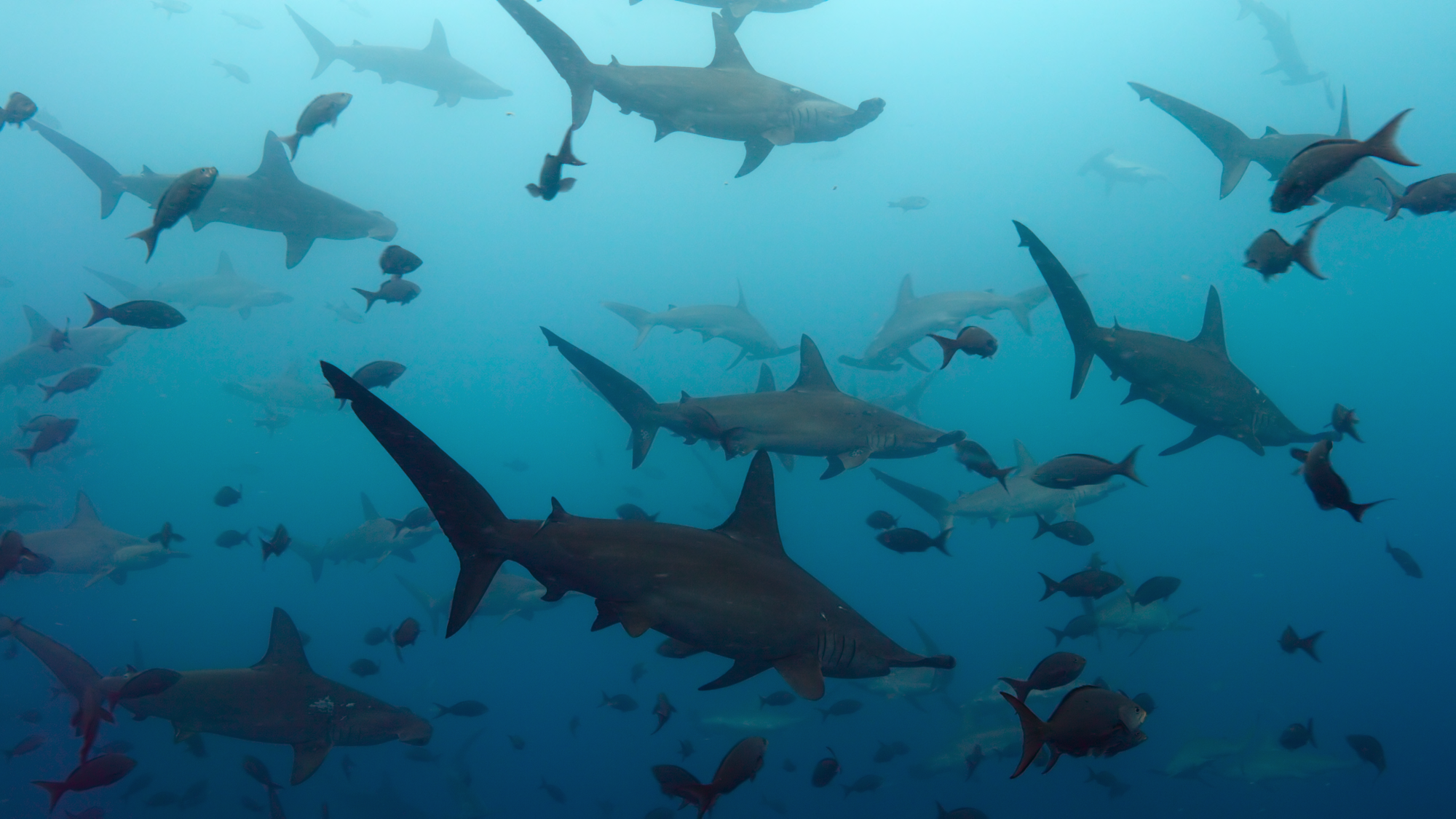
Watch hammerhead sharks swim in 'cyclones' around ancient volcano in rare footage
By Sascha Pare published
Filmmakers have captured hundreds of hammerhead sharks circling a volcanic island off Costa Rica for a new Netflix wildlife series.
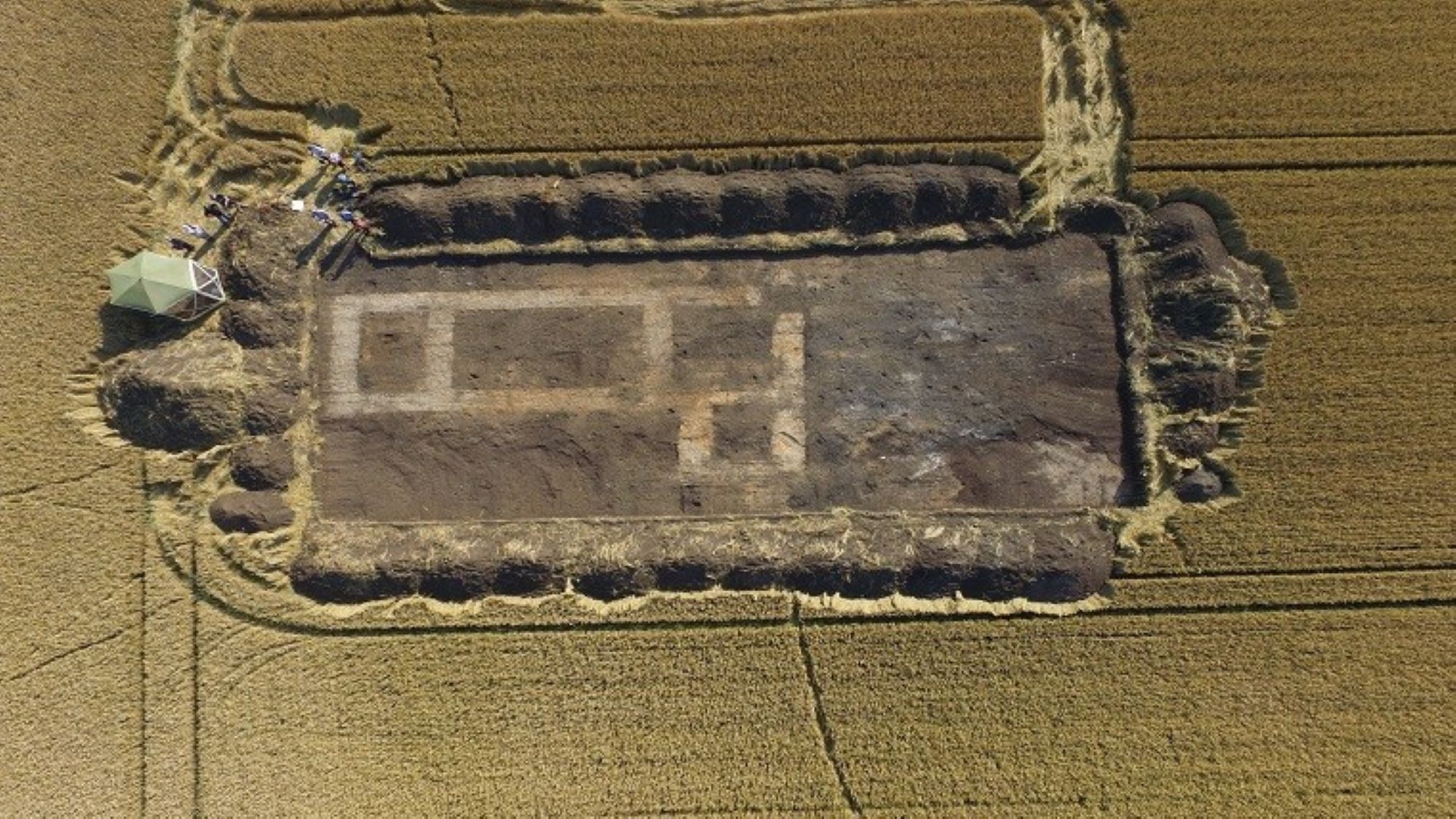
Prehistoric henge accidentally discovered in England in search for Anglo-Saxon hermit
By Sascha Pare published
Excavations near Crowland Abbey in eastern England have unearthed a prehistoric henge that may have become a "holy island" for Christian hermits in the early medieval period.
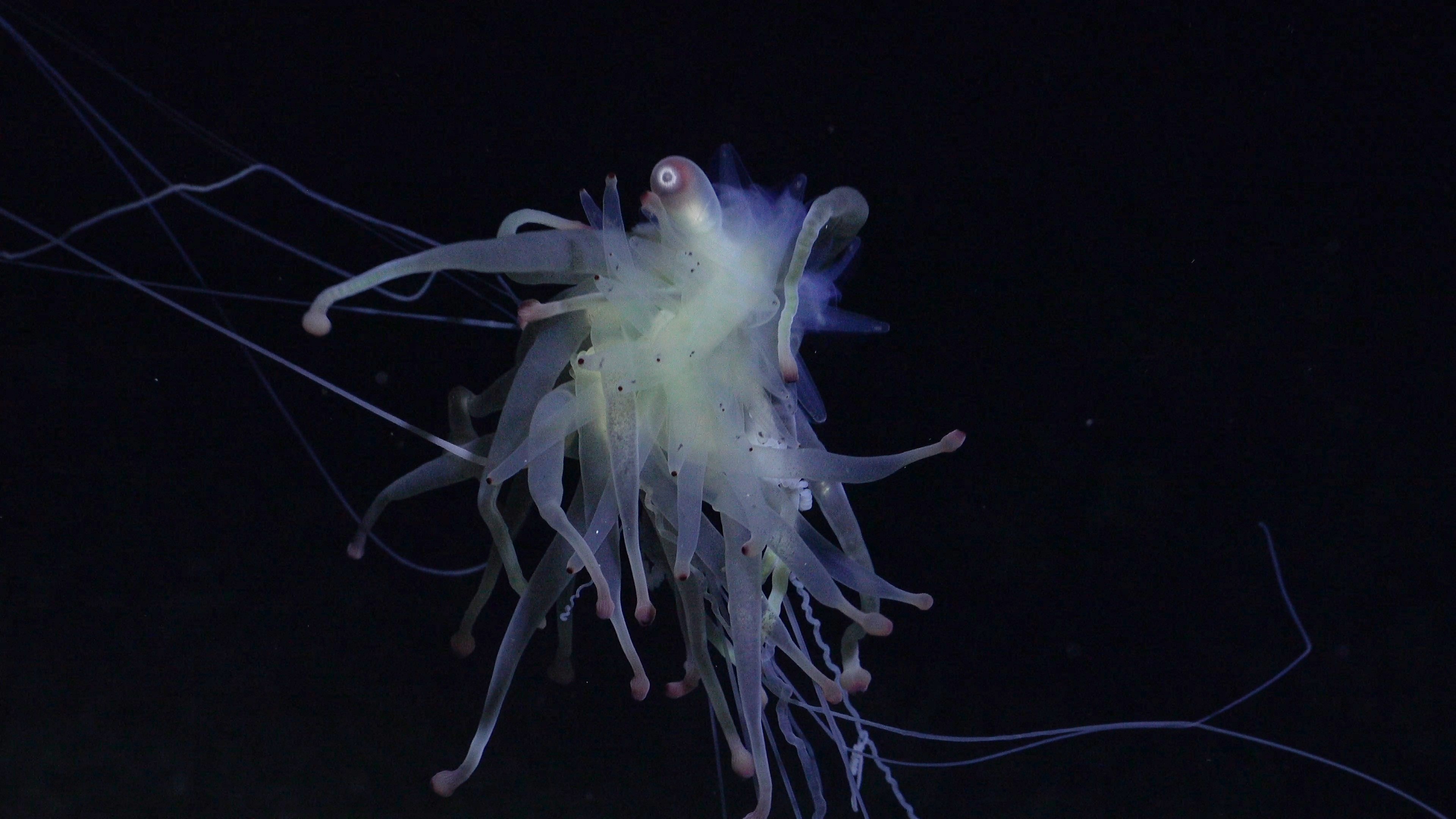
Underwater mountain range off Easter Island hosts creatures unknown to science, expedition reveals
By Sascha Pare published
An expedition to the Salas y Gómez Ridge off Rapa Nui in the Pacific Ocean documented 160 species that were not previously known to inhabit the region, including 50 that are new to science.
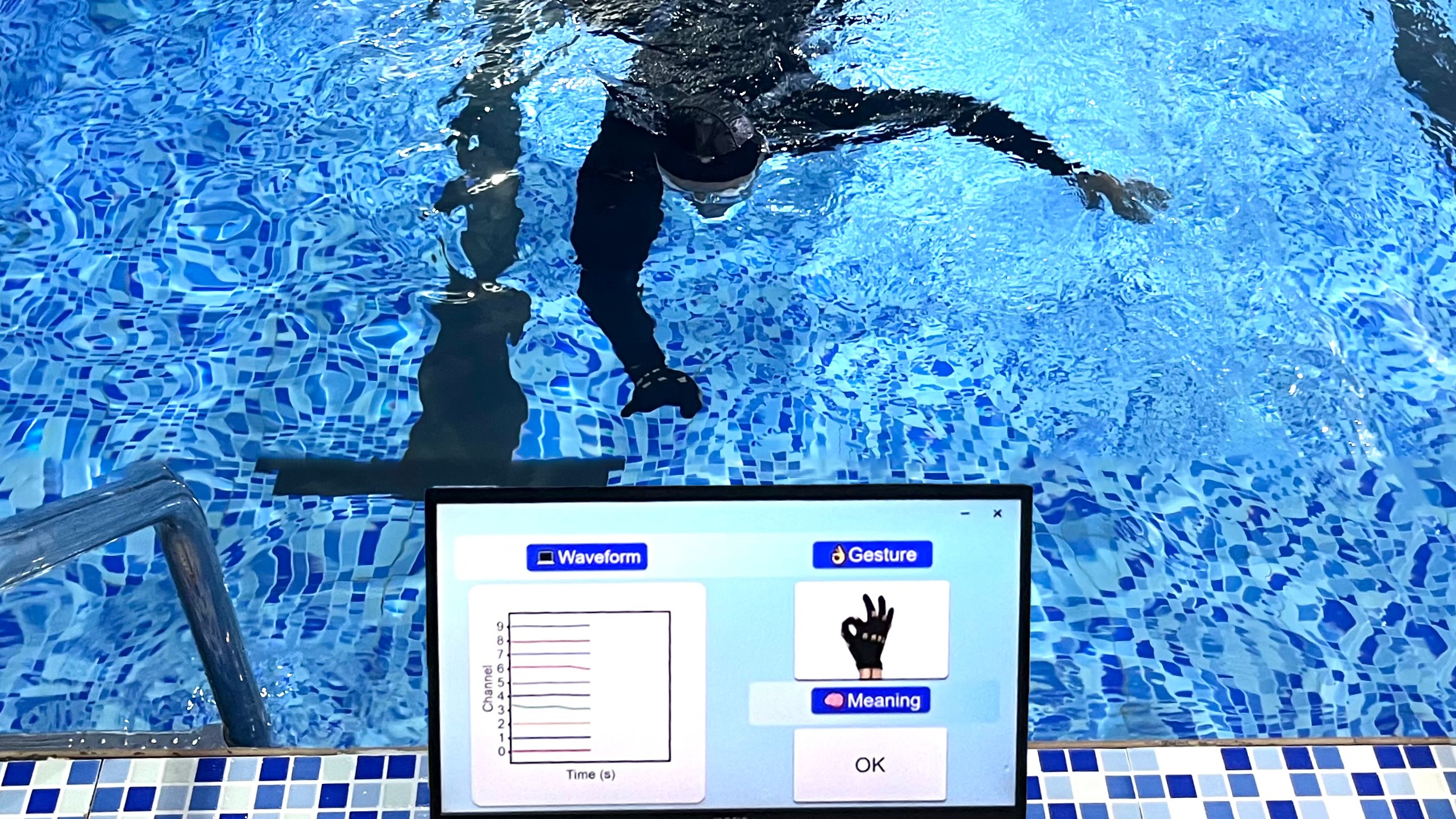
Waterproof e-gloves could one day help scuba divers communicate with the surface
By Sascha Pare published
Researchers have designed waterproof gloves equipped with sensors that can translate hand gestures into messages, which could help divers communicate better.
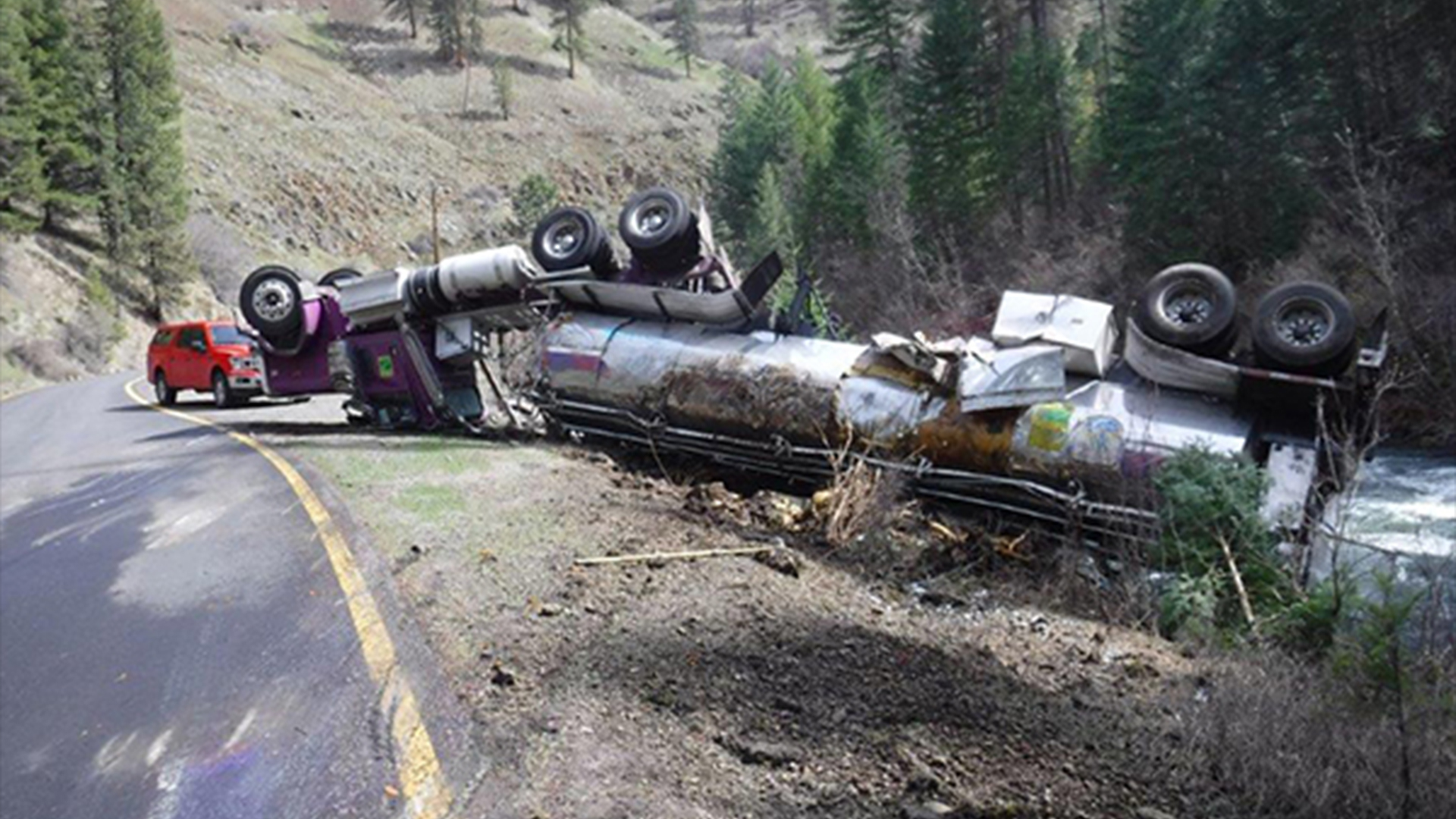
77,000 baby salmon survive truck crash in Oregon by leaping into nearby creek
By Sascha Pare published
A truck that was transporting 102,000 spring Chinook salmon to the Imnaha River in northeastern Oregon crashed in a road bend, spilling most of its cargo into a nearby creek.
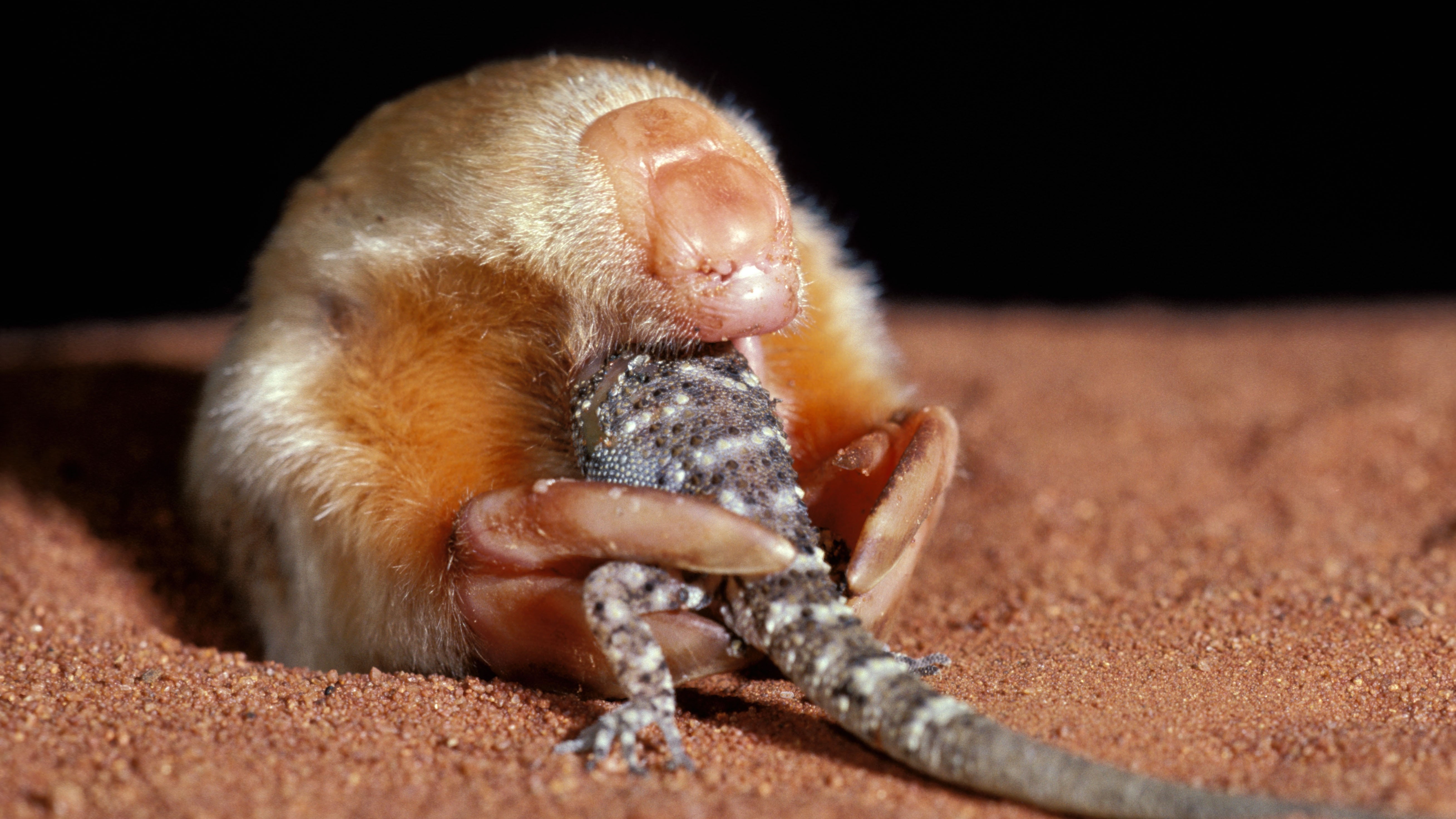
Extremely rare marsupial mole that 'expertly navigates' sand dunes spotted in Western Australia
By Sascha Pare published
Kanyirninpa Jukurrpa Martu rangers have photographed an elusive mole covered in silky golden locks that burrows in the sands of Western Australia and is only spotted a few times per decade.
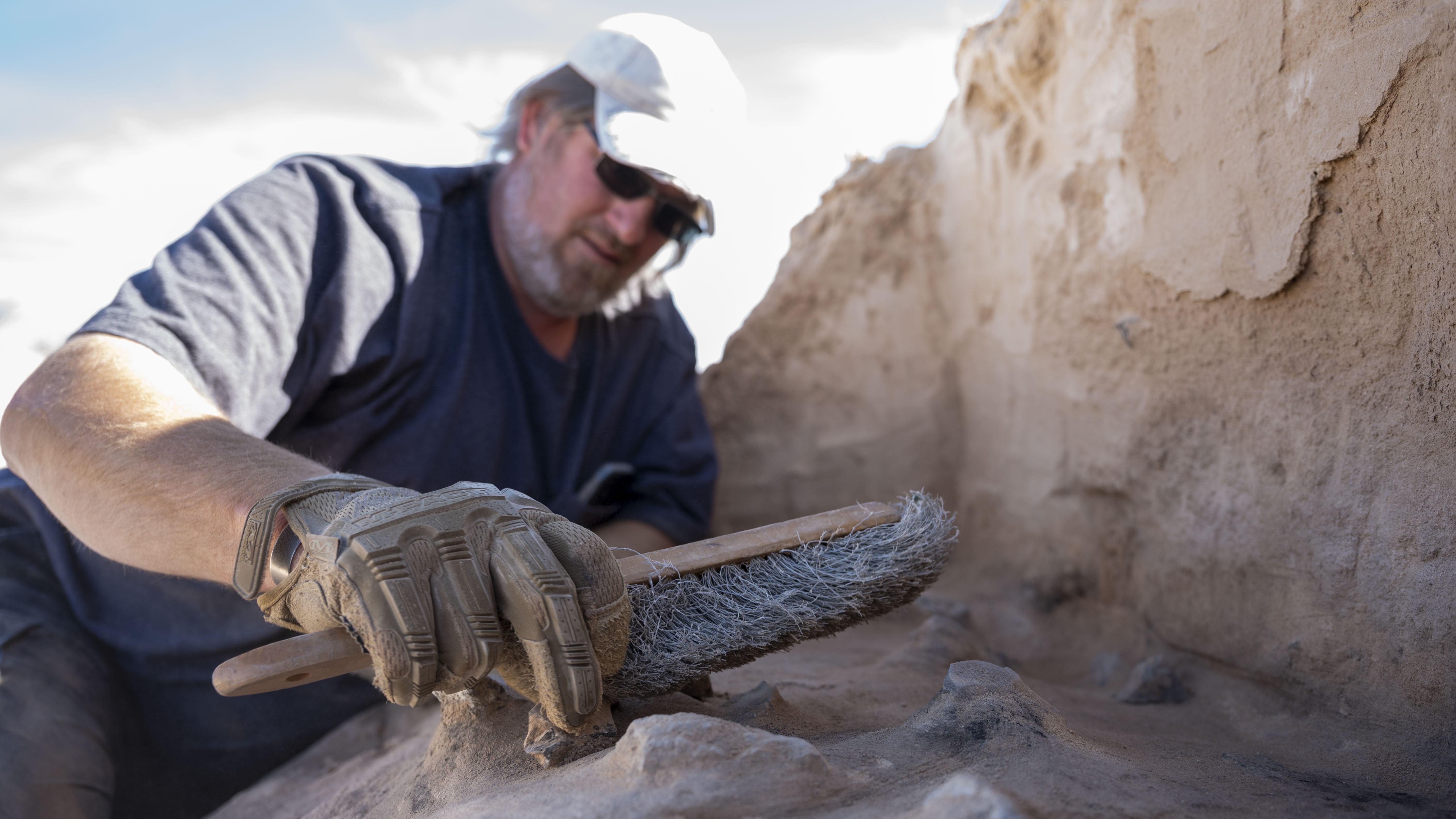
8,200-year-old campsite of 'Paleo-Archaic' peoples discovered on US Air Force base in New Mexico
By Sascha Pare published
Military personnel on Holloman Air Force Base in New Mexico discovered artifacts, hearths and charcoal dating to the Archaic period that pinpoint the site of an early encampment.
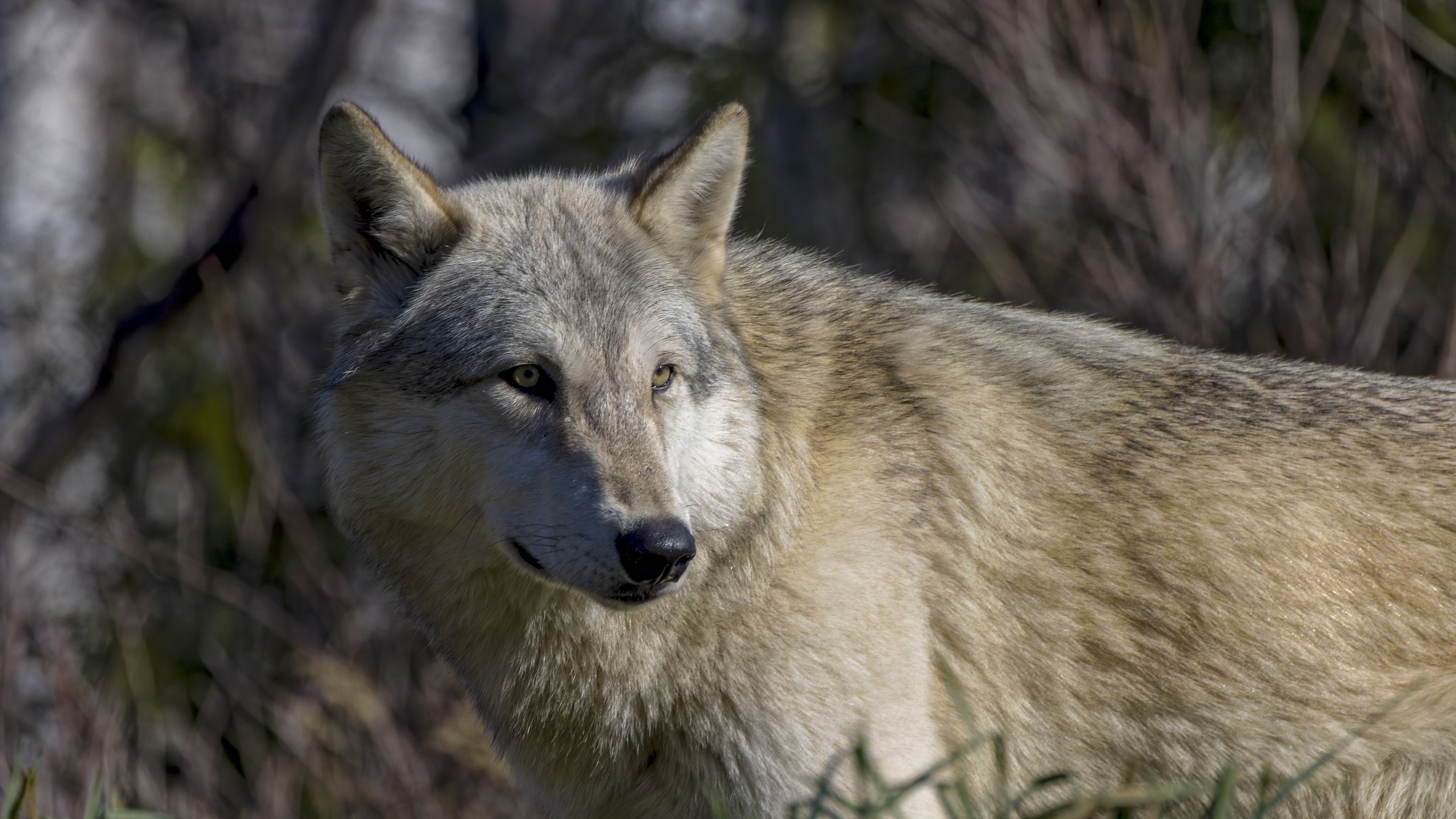
Giant coyote killed in southern Michigan turns out to be a gray wolf — despite the species vanishing from region 100 years ago
By Sascha Pare published
A hunter who killed a gray wolf during a legal coyote hunt in Michigan's Lower Peninsula in January said he mistook the animal for a large coyote.
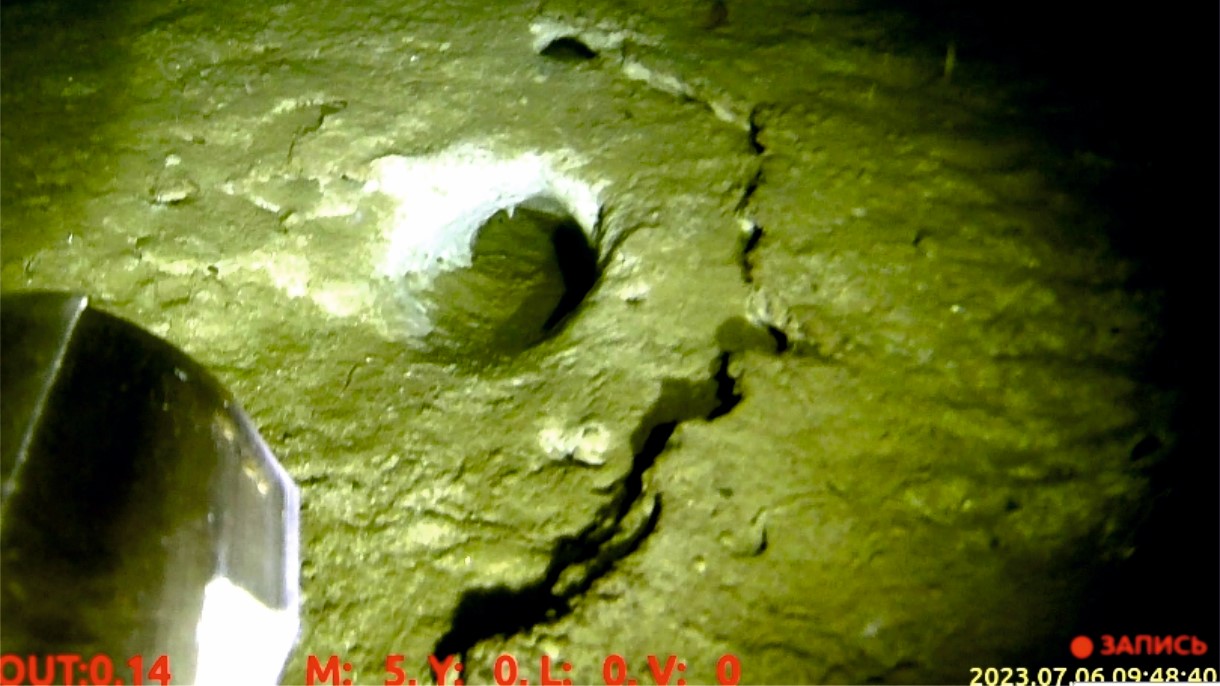
Underwater robot in Siberia's Lake Baikal reveals hidden mud volcanoes — and an active fault
By Sascha Pare published
Video cameras mounted on an autonomous underwater robot captured footage of cracks associated with mud volcanism close to a potentially active fault on the shores of Lake Baikal.
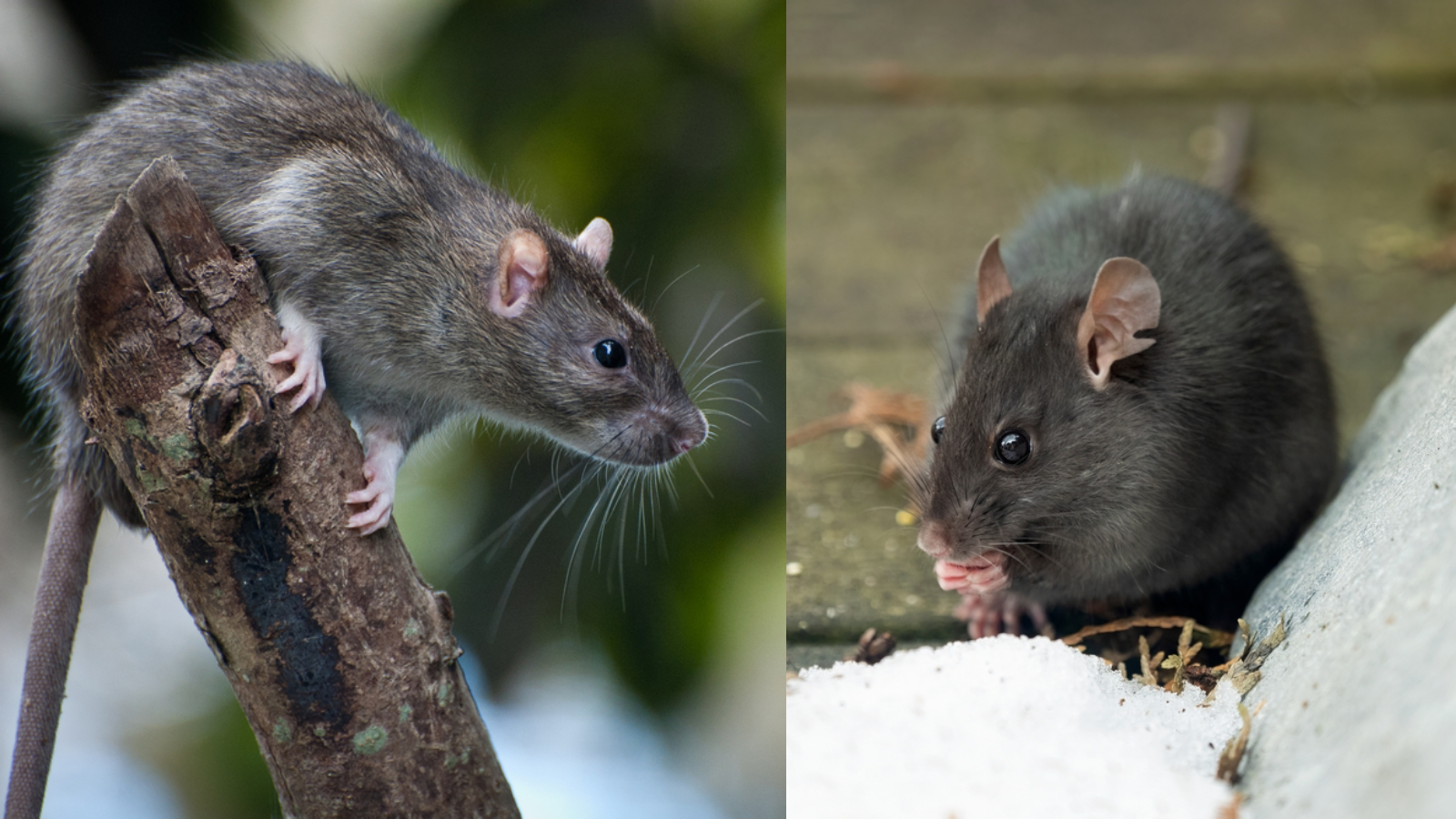
A war of the rats was raging in North America decades before the Declaration of Independence
By Sascha Pare published
Rodent bones from archaeological settlements and shipwrecks in North America reveal that brown rats were introduced earlier than thought and came to dominate black rats within a few decades.

'It's had 1.1 billion years to accumulate': Helium reservoir in Minnesota has 'mind-bogglingly large' concentrations
By Sascha Pare published
Laboratory results for a helium reservoir discovered in northern Minnesota suggest concentrations of the sought-after gas are the highest the industry has ever seen.

Secretive Delta IV Heavy rocket launch postponed indefinitely
By Sascha Pare last updated
The final liftoff of a United Launch Alliance Delta IV Heavy rocket was postponed indefinitely following a last-minute nitrogen issue.
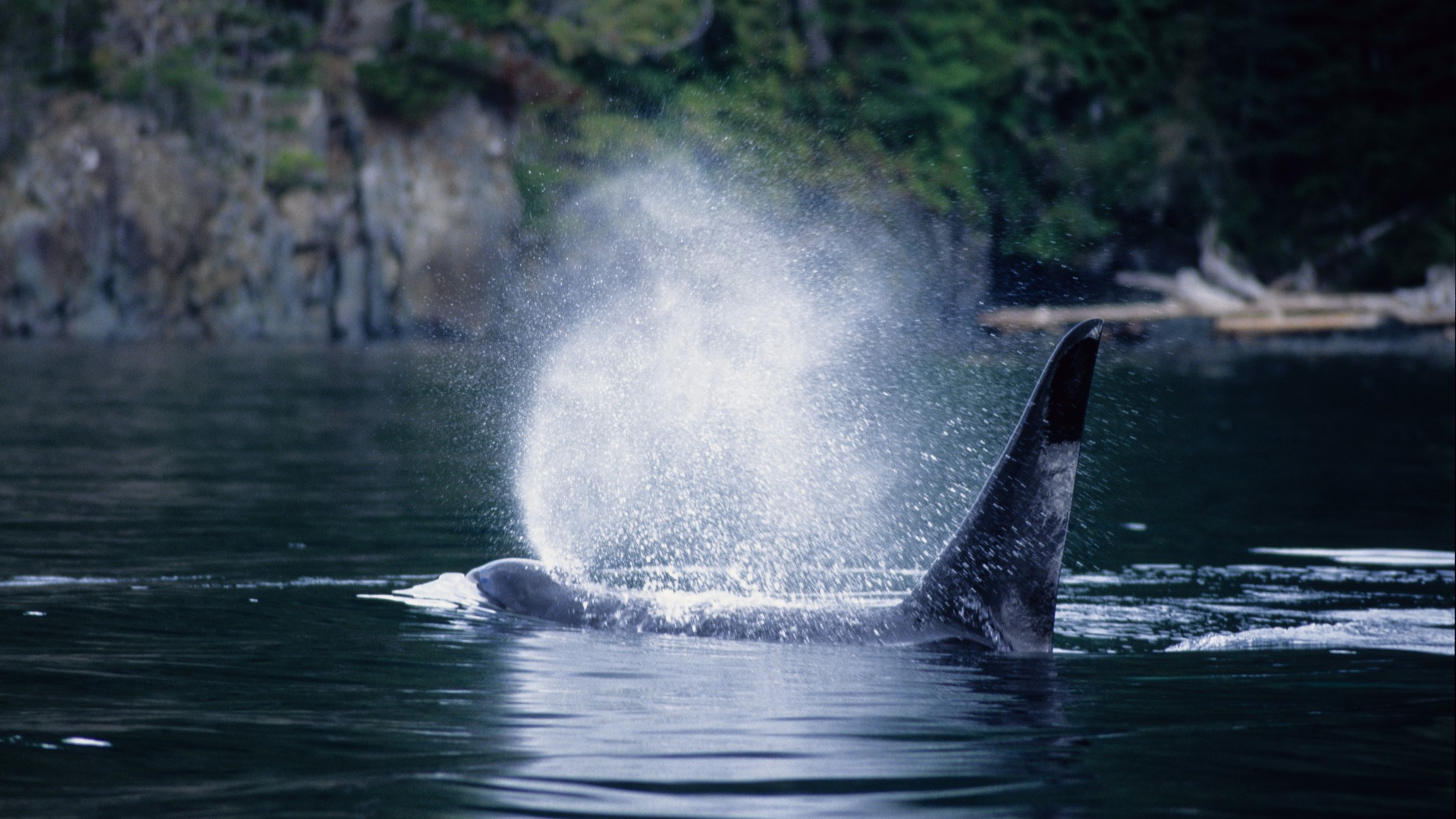
Orca calf refuses to leave a lagoon where its mother stranded and died off Vancouver Island
By Sascha Pare published
Rescuers have been trying to coax a 2-year-old orca from a lagoon off Vancouver Island and back to the ocean for five days, but they only have a 30-minute window every day when waters are high.
Sign up for the Live Science daily newsletter now
Get the world’s most fascinating discoveries delivered straight to your inbox.

